
Bộ sưu tập ảnh bida đỉnh cao
Nếu bạn đam mê bida, đừng bỏ lỡ cơ hội khám phá bộ sưu tập Ảnh bida đẹp, ngầu, chất trong bài viết này. Chắc chắn sẽ mang đến cho bạn những trải nghiệm giải trí đặc biệt.
Bida không chỉ là môn thể thao mà còn là nghệ thuật kết hợp cả tinh thần và sức mạnh. Chiến lược, sự tập trung và kiểm soát là những yếu tố đặc trưng của bida. Hãy đắm chìm trong thế giới này qua bộ sưu tập Ảnh bida đẹp, ngầu, chất để trải nghiệm những khoảnh khắc thư giãn độc đáo.


Khám phá vẻ đẹp của bàn bida
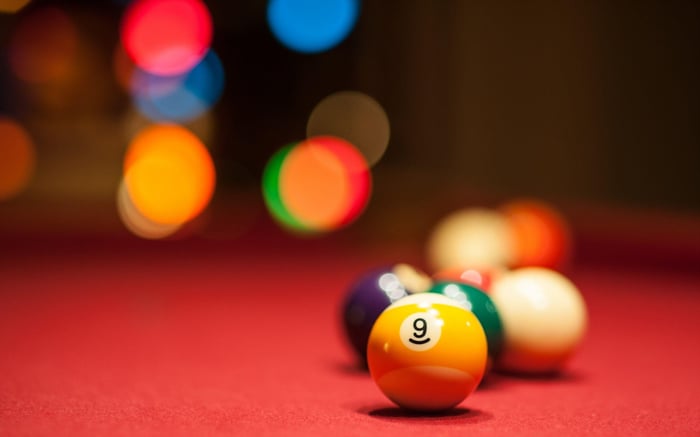
Đẳng cấp và sáng tạo với Ảnh bida 2K

Ảnh bida siêu nét 4K (Nhấn vào để thưởng thức ảnh chất lượng gốc)

Bộ sưu tập Ảnh bida của nữ hoàng Cha Yu Ram

Khám phá vẻ đẹp cực đẹp qua Ảnh bida

Dive vào thế giới bida với Ảnh bida chất lượng cao

Charm đỉnh cao trong Ảnh bida đẹp, chất

Vẻ đẹp ngầu và cuốn hút qua Ảnh bida đẹp, ngầu, chất

Khám phá phong cách qua Ảnh bida đẹp, ngầu
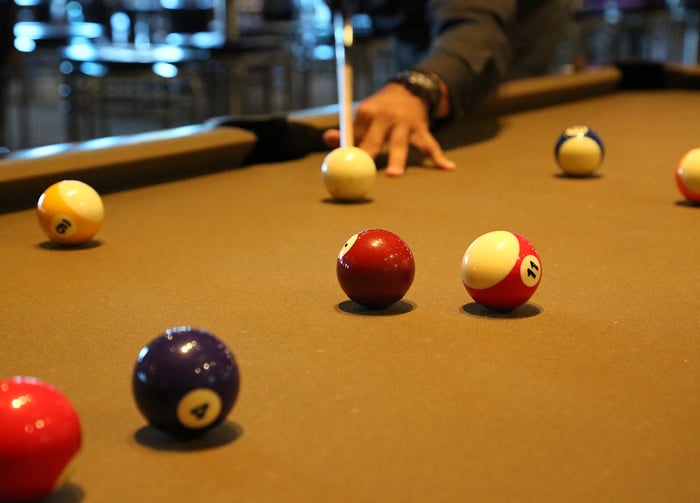
Hòa mình trong vẻ đẹp đơn giản của Bida qua Ảnh bida đẹp

Bida độc đáo - Hình ảnh nghệ thuật

Sự thanh lịch trong đơn giản của Ảnh bida
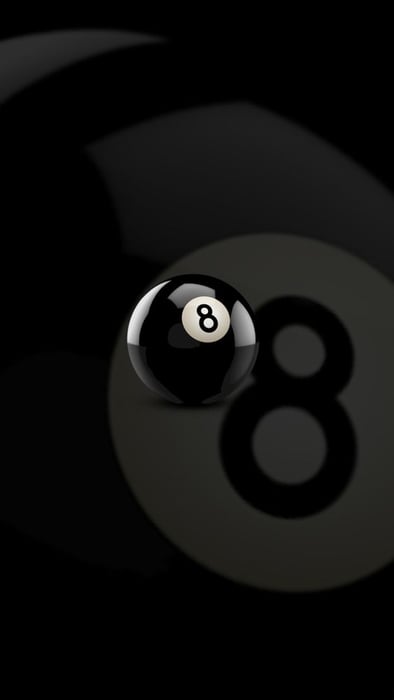
Ảnh bida với gam màu đơn sắc

Trải nghiệm đỉnh cao với Ảnh bida Full HD

Trải nghiệm Bida với Ảnh chất lượng HD

Ảnh bida ngầu, phóng khoáng và chất lượng
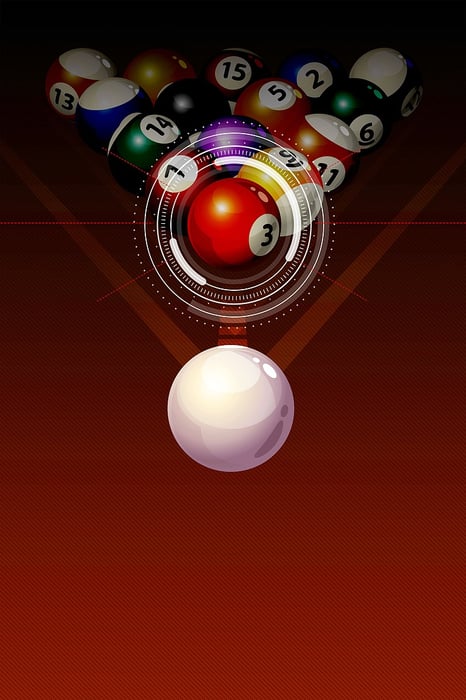
Nghệ thuật hiện đại qua bộ sưu tập Ảnh bida

Bida chuyên nghiệp - Hình ảnh và người chơi đỉnh cao
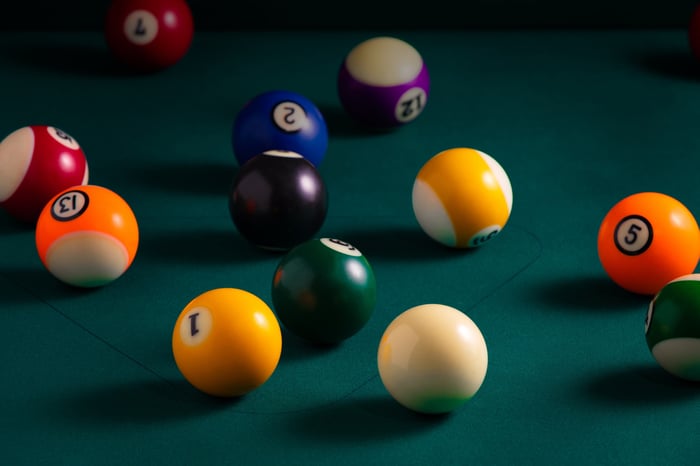
Khám phá thế giới Bida qua ảnh đẹp

Cuộc thi bắn bida - Những khoảnh khắc hồi hộp

Bida đỉnh cao - Đánh bida và vẻ đẹp đặc sắc

Gấm Kami chơi bida với phong cách độc đáo

Gái xinh thăng hoa cùng trò chơi bida

Phòng bida lý tưởng - Nơi hội tụ đẳng cấp

Quán bida đẹp như tranh - Điểm hẹn thú vị

Bàn bida đẹp mắt, cuốn hút từng ánh nhìn

Bàn bida đẹp như tranh vẽ

Bức tranh bida ấn tượng, quyến rũ

Bida cực đẹp, mời bạn khám phá (Nhấn để xem ảnh gốc)

Bida chất lượng, sắc nét đến từng chi tiết
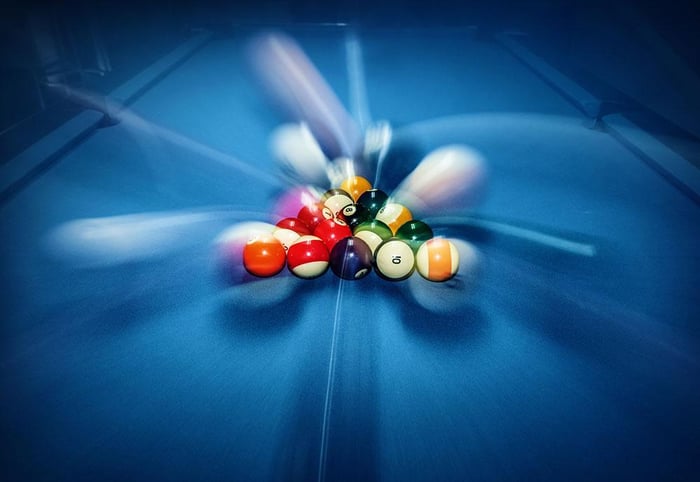
Bida chất nhất từ góc độ mới

Bida đẹp nhất với sự tinh tế

Bida đẹp, chất là điểm độc đáo

Bida đẹp, ngầu, chất lượng và cuốn hút

Bida đẹp, ngầu, chất lượng

Bida đẹp với vẻ tinh tế

Bida độc đáo, ấn tượng hút mắt

Bida độc đáo và nổi bật

Bida độc đáo và đẹp đến tận tâm hồn

Bida ngầu, chất lượng và phong cách
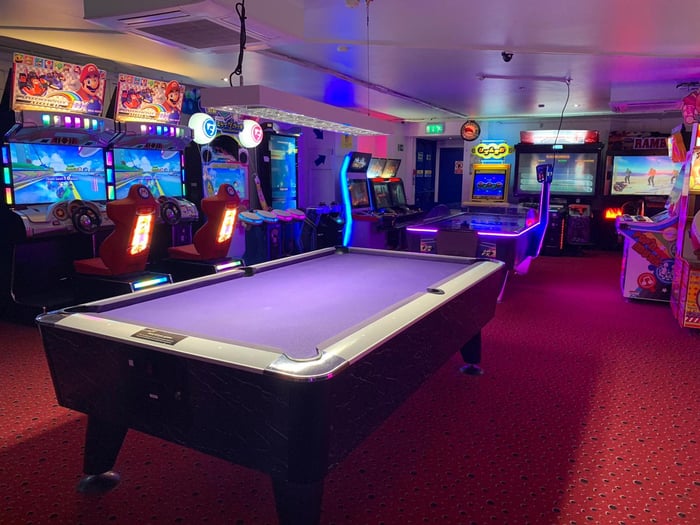
Bida tuyệt đẹp làm say đắm trái tim

Bida và người chơi chuyên nghiệp - Hòa mình vào không gian đỉnh cao

Khám phá hình ảnh bida độc đáo
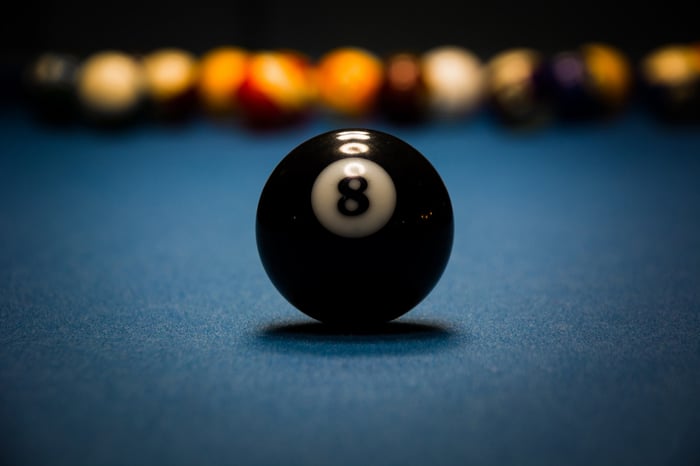
Hình ảnh bóng bida: Đẹp như nghệ thuật

Chơi bida với phong cách và đẹp mắt

Vẻ đẹp tuyệt vời về bida trong từng khung hình

Góc nhìn tuyệt vời với hình ảnh gái xinh chơi bida

Khám phá vẻ chất nhất qua hình ảnh bida đẹp

Hình ảnh bida: Đẹp đến tận tâm hồn
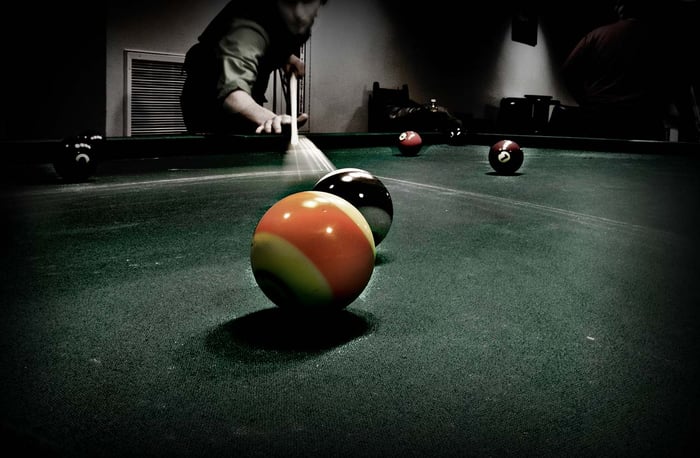
Ngắm nhìn vẻ ngầu và phong cách qua hình ảnh bida chất
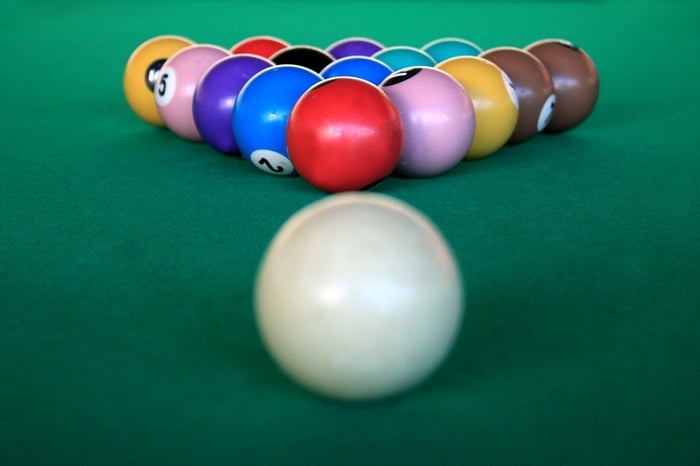
Khám phá vẻ đẹp của bida qua hình ảnh đẹp nhất
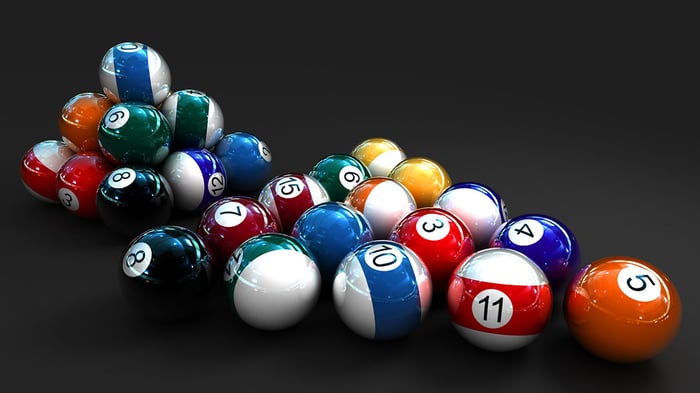
Trải nghiệm không gian bida 3D thông qua hình ảnh bóng bida

Chơi bida với phong cách đẹp và chất lượng
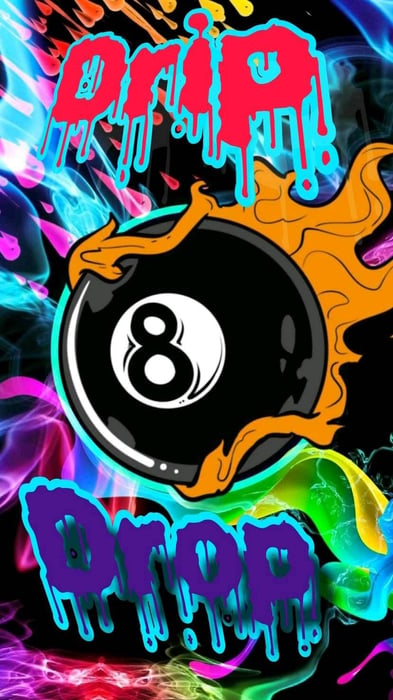
Tận hưởng hình nền bida cho điện thoại đẹp nhất
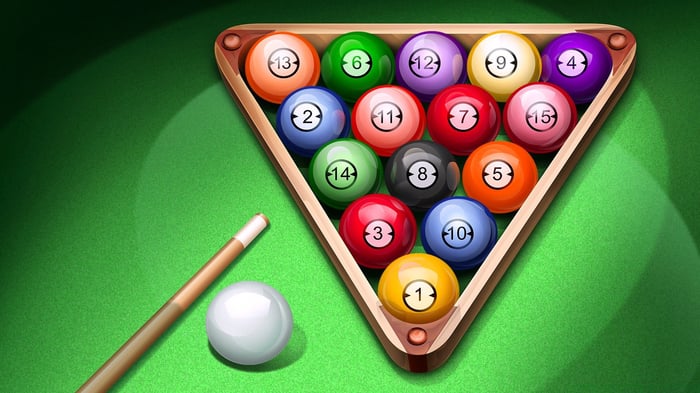
Hình nền bida tinh tế cho máy tính

Khám phá bộ sưu tập hình nền bida đẹp nhất
Dạo chơi qua bức tranh bida đẹp, ngầu, chất lượng tốt nhất. Chắc chắn sẽ làm hài lòng đam mê của bạn!
Admin
Link nội dung: https://pi-web.eu/bo-suu-tap-anh-bida-dinh-cao-1735216208-a668.html